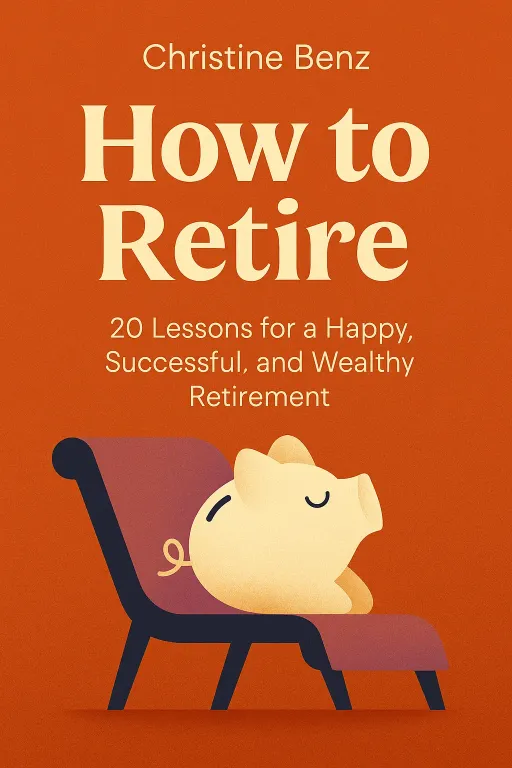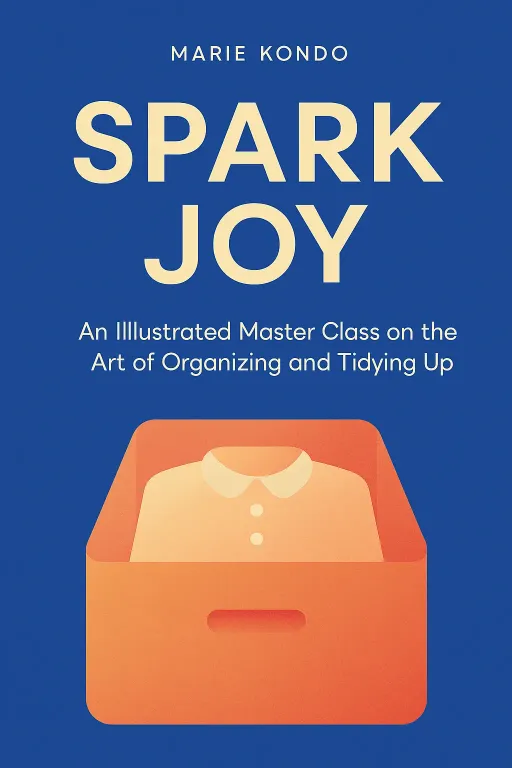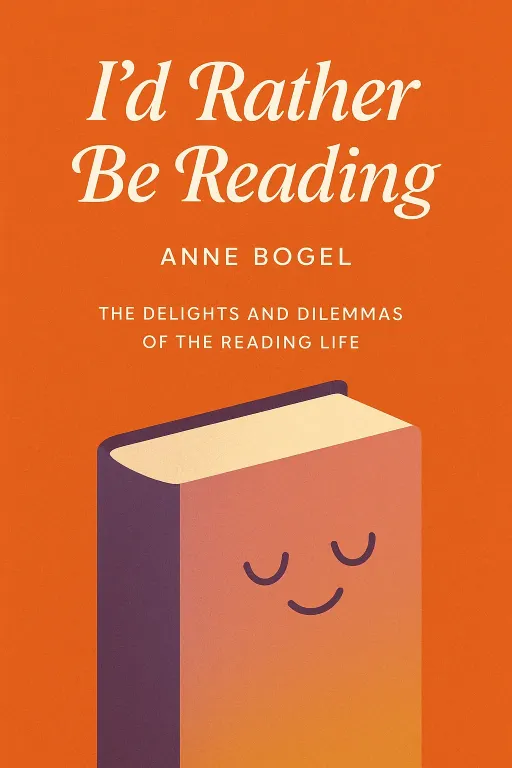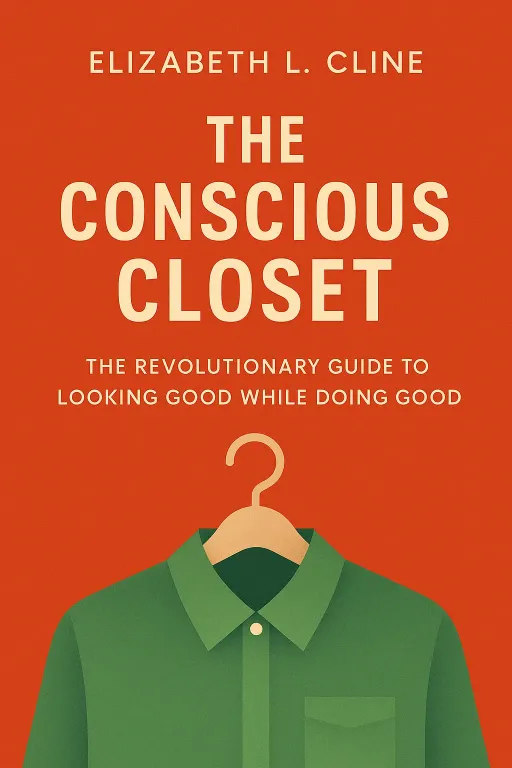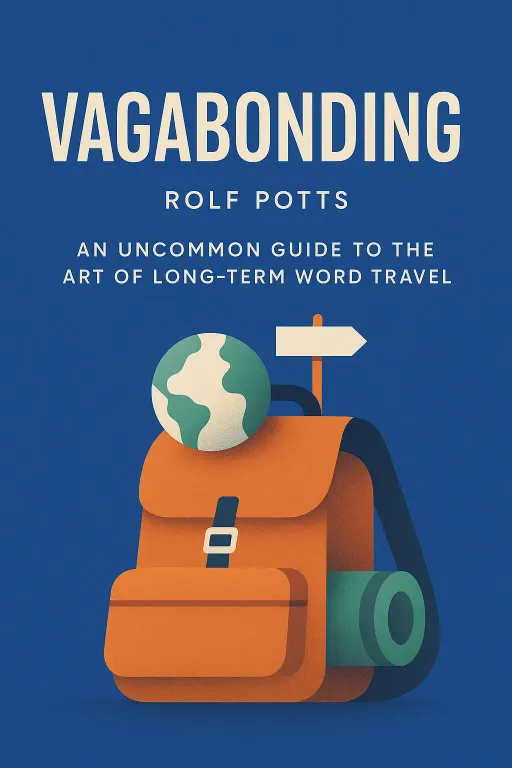
Vagabonding
9 minAn Uncommon Guide to the Art of Long-Term World Travel
Introduction
Narrator: In the 1987 film Wall Street, a young, ambitious stockbroker played by Charlie Sheen confides his ultimate dream to his girlfriend. It’s not about cornering the market or owning a penthouse; it’s about making a fortune before he turns thirty so he can finally be free to ride his motorcycle across China. This single line captures a pervasive modern belief: that freedom, adventure, and long-term travel are extravagant rewards that must be purchased with immense wealth, earned only after sacrificing the best years of one's life. But what if this entire premise is wrong? What if the most valuable currency for travel isn't money, but time, and the key to unlocking it isn't wealth, but a simple shift in perspective?
In his book Vagabonding: An Uncommon Guide to the Art of Long-Term World Travel, Rolf Potts dismantles this myth, presenting a compelling argument that extended world travel is not a prize for the rich, but a realistic and enriching possibility for anyone willing to re-evaluate their relationship with possessions, time, and life itself.
Vagabonding is an Attitude, Not a Demographic
Key Insight 1
Narrator: Potts begins by dismantling the misconception that long-term travel is reserved for students, dropouts, or the independently wealthy. Instead, he defines vagabonding as a personal outlook—a deliberate choice to prioritize experiences over possessions and personal options over personal assets. It is an adjustment of values that makes time, not money, the most important commodity.
To illustrate this, Potts recounts a historical anecdote about the naturalist John Muir and the writer Ralph Waldo Emerson in Yosemite in 1871. Emerson, a celebrated intellectual, visited the magnificent sequoia trees, gushed about their wonder, but left after only a couple of hours, bound by his schedule and social obligations. Muir, who lived a life of simplicity in the wilderness, later questioned whether Emerson had truly seen the trees at all. Emerson was "time-poor," so obsessed with his standing and routine that he couldn't spare the time to truly experience the world. This story serves as a powerful metaphor for the modern condition. Vagabonding, Potts argues, is the cure for being time-poor. It’s not about where you go or what you do, but about cultivating the ability to be fully present and immersed in the world, a freedom that cannot be bought.
Freedom Must Be Earned, Not Just Wished For
Key Insight 2
Narrator: A central tenet of vagabonding is that one must actively create the circumstances for travel rather than passively waiting for a "right" time that may never arrive. Potts warns against the trap of perpetual postponement, using the ancient parable of two monks, Theodore and Lucius, who dreamed of seeing the world. Bound by their vows, they created a ritual to manage their wanderlust. In the summer, they would promise to leave in the winter; in the winter, they would promise to leave in the summer. They continued this for fifty years and died without ever leaving their monastery. Their story is a cautionary tale about using the future as an excuse for present inaction.
Furthermore, Potts argues that the process of working and saving for travel is as important as the journey itself. This "earning of freedom" imbues the experience with personal investment and a sense of accomplishment that is absent for those who travel on someone else's dime. He contrasts the earnest vagabonder with the "trustafarian"—a wealthy but often unhappy wanderer who flits from one exotic location to another, searching for meaning but finding none because the experience lacks a personal connection to the rest of their life. By making work serve your interests, rather than the other way around, the journey begins long before you leave home.
Simplicity is the Engine of Freedom
Key Insight 3
Narrator: The freedom to vagabond is not determined by income level but by a conscious decision to live simply. Potts challenges the conventional wisdom that travel is prohibitively expensive, arguing that most people are held back not by a lack of money, but by a life cluttered with unnecessary expenses and material possessions.
He shares a personal story of meeting an American aeronautical engineer in Israel. The engineer was thrilled to have negotiated five days of free time from a consulting trip. When Potts mentioned he had been traveling for eighteen months, the engineer immediately accused him of being "filthy rich." He couldn't comprehend that Potts had funded his travels by teaching English in Korea and living on a budget that rarely exceeded one thousand dollars a month—far less than the cost of living in the United States. The engineer was trapped by his own "golden fetters," unable to see that true wealth lies not in what you own, but in what you can afford to let go of. Simplifying life, by stopping expansion, reining in routine expenses, and reducing clutter, is the practical foundation that makes long-term travel not just possible, but sustainable.
The Journey Demands Both Preparation and Spontaneity
Key Insight 4
Narrator: While vagabonding celebrates improvisation, Potts stresses that pre-trip learning is essential. However, he warns against the "Christopher Columbus" effect. In 1492, Columbus was so convinced by his pre-trip homework—his maps and ancient texts—that he had reached Asia that he failed to empirically verify his discovery of the Americas. He saw what he expected to see, not what was actually there. This illustrates the danger of letting plans and preconceptions overshadow the reality of the journey.
The goal of preparation, therefore, is not to eliminate uncertainty but to build the confidence to embrace it. This includes learning to be skeptical of media portrayals, which often create inaccurate stereotypes. Potts recalls how his own media-fueled image of Syria as a "rogue state" was shattered when he experienced the warmth and exuberance of its people firsthand. It also means learning to embrace mistakes. He tells a humorous story of sprawling out on a lovely patch of grass in Macao, only to be politely informed by a student that he was relaxing in the local dog toilet. Such blunders, he argues, are an inevitable and valuable part of the learning process.
The Richest Souvenirs are Human Connections
Key Insight 5
Narrator: Ultimately, vagabonding is about people. Potts emphasizes that a traveler's attitude can make or break their entire experience. He shares an Indian parable about a wise king who sent two courtiers—one arrogant, one generous—to the same foreign lands. The arrogant courtier returned complaining that the cities were full of liars and cheats, while the generous one reported that the people were hospitable and kind. The king revealed they had visited the exact same places, concluding, "We see as we are."
This principle extends to navigating cultural differences. Potts learned this firsthand while teaching in Korea. He tried to create a friendly atmosphere by calling his students "friends," only to be bluntly told by one, "We are not your friends." He was initially hurt, but later learned that in Korea's Confucian-influenced culture, calling a teacher a "friend" would be an insult. This negative experience became a profound lesson in cultural awareness. Humor and humility, Potts concludes, are the most essential tools for a vagabonder. They allow one to navigate misunderstandings, laugh at oneself, and remain open to the fundamental common values that connect us all.
Conclusion
Narrator: The single most important takeaway from Vagabonding is that long-term travel is not an escape from life, but a deeper engagement with it. It is an active and ongoing process of choosing time over money, experience over possessions, and curiosity over certainty. Rolf Potts redefines wealth not as the accumulation of assets, but as the accumulation of disposable time and the freedom to use it for personal growth and discovery.
The book challenges us to look at the invisible walls we build in our own lives—the routines, assumptions, and imaginary lines that limit our potential. It leaves us with a powerful question: What would it take for you to declare your own independence, not just for a trip, but for the rest of your life?

